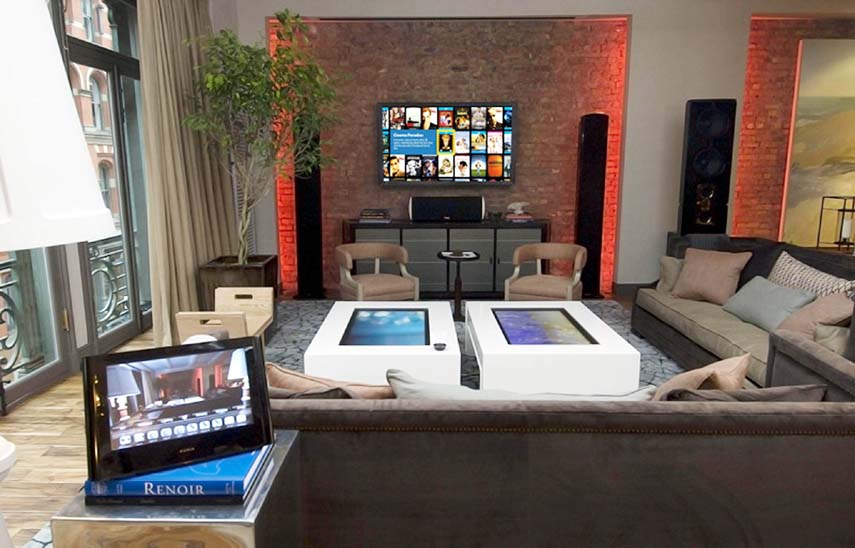
Life Desk :
Smart home gadgets can make things easier and add a bit of fun to your life. But as the market gets flooded with cool new toys for your home, there are an increasing number overpriced gizmos you can probably live without. Here are some of the most unnecessary smart home gadgets on the market today.
Vessyl
The makers of Vessyl have spent the last several years trying to redesign the humble cup. The technology seems futuristic: The cup can detect nearly any drink poured into it, and then beam back data on calories, caffeination and hydration to your smartphone, allowing you to track your liquid consumption. So what’s the problem? For $100, you’re buying a piece of technology that can easily be replaced with common sense. Sure, it can magically distinguish between cola, coffee and orange juice, but you just poured the drink into the cup, so you already know what you’re drinking. And if you’re curious about calorie counts, you just read the nutrition information that’s printed on most beverages. In the end, you probably don’t need a smartphone app to tell you that you are thirsty, or that you’re drinking too much sugary soda. That’s something you can decide for yourself.
HAPIfork
Much like Vessyl gives you feedback on your liquid consumption, HAPIfork looks to give you feedback on how you eat. The digital fork buzzes when you’re eating too quickly and tracks how long you spend at the table, information that the company says you can use to lose weight and prevent digestive problems. It’s a little like having a parent nearby while you eat, scolding you for your bad habits, which is enough to make anyone lose their appetite. The HAPIfork also does nothing to curb bad habits when eating pizza, bagels, chips or any other number of foods that we eat with our hands, rather than a fork.
Sleep Trackers
Sleep trackers have been making their way into fitness devices and smart watches over the last few years. These mini-motion sensors can tell when you’re tossing and turning, and when you get out of bed during the night. The devices then relay this information on to a smartphone app, which gives you a timeline of your tossing and turning. Taking a cue from the makers of smart watches and activity monitors, mattress makers have started stuffing sleep trackers into their beds, with some costing as much as $8,000. Spending your days examining graphs of every twitch and turn is not going to help you get a better night’s sleep. In fact, all of that worrying about getting a quality sleep is enough to keep you up at night. In the end, these devices are only capable of pointing out something you already know. If you’re getting a poor night sleep, you’re going to feel it the next day, whether you have a fancy smart-home gadget or not.
WiFi Appliances
For years now, the makers of major kitchen appliances have been trying to stuff increasingly complex tech into their products. They have tried to convince consumers that they need touch screen tablets mounted on their fridges, dryers that can text message you when they are done, or ovens that you can control with your phone. Unfortunately, many of these devices simply tack existing technology onto old, traditional appliances. For instance, you don’t need a touch screen on your fridge that can run apps, that’s what you have a phone or tablet for. Someday these devices might become truly smart – sensing when the milk has spoiled, or folding your laundry for you – but that day is still some time away.
– FoxNews.com

